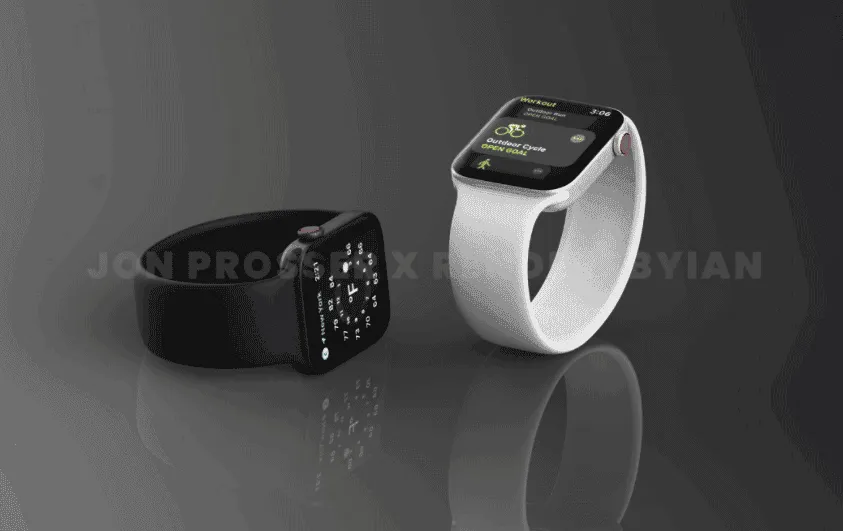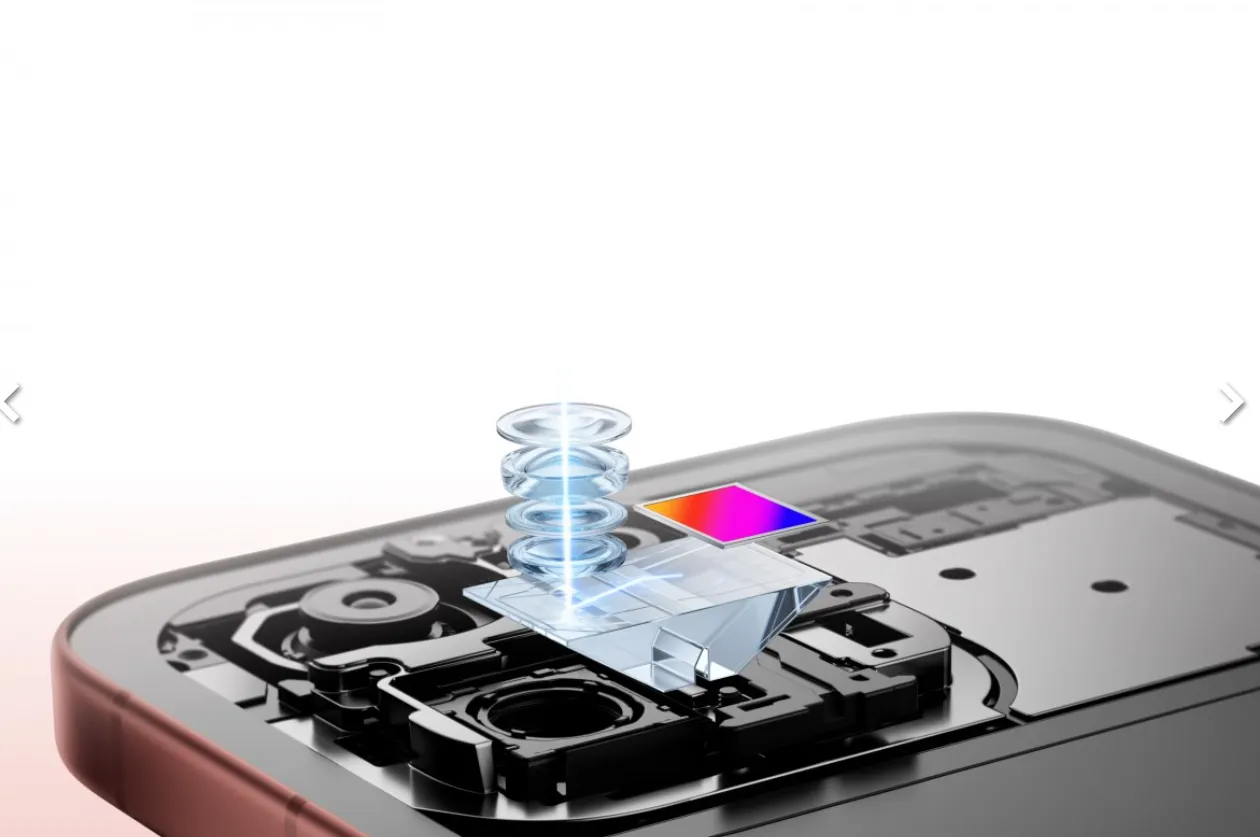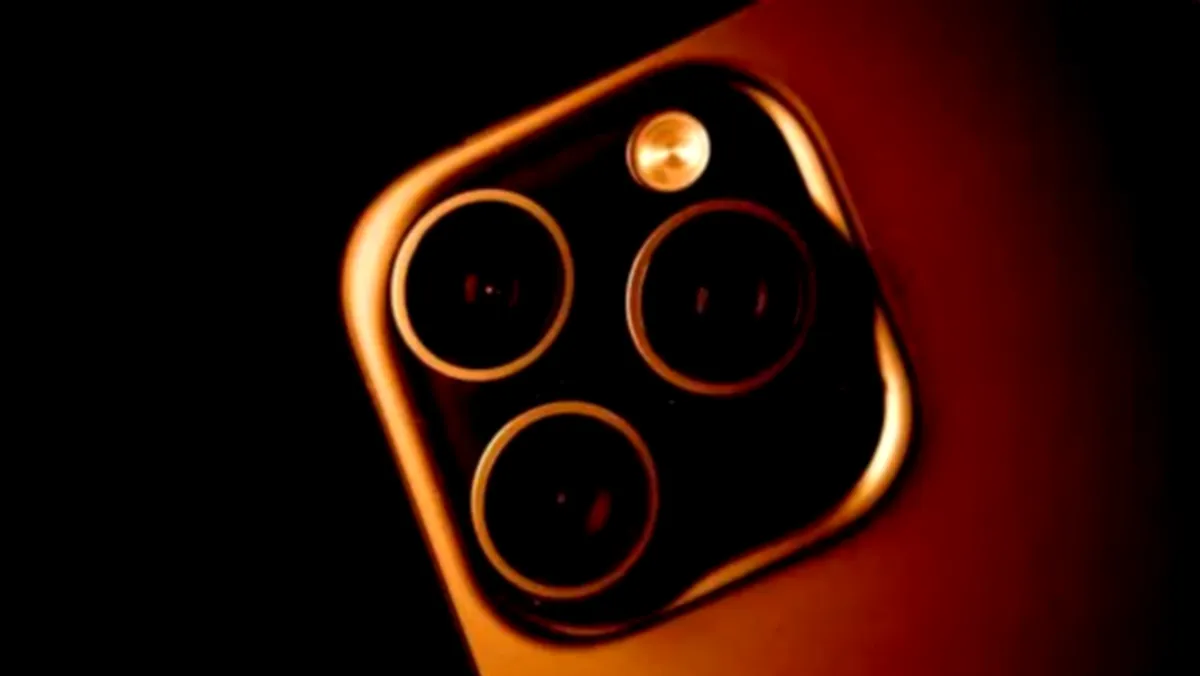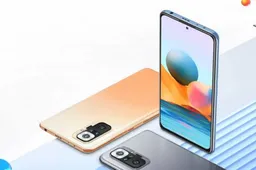
Every year, when the Cupertino-based Apple is going to launch a new product, various sources create and release renders of the upcoming devices. But some of them are far from having anything in common with the reality and are made to drive visits to their websites. In this regard, what a tipster John Prosser has been delivering in recent years could be called almost-real renders’. Recently, he has once again teamed up with concept artist Ian Zelbo to showcase the alleged design of the next generation of Apple Watch Series 7.
In fact, the Watch Series 7 ought to get a major redesign. Instead of the curved edges, it will get flat edges. The new renders took this into consideration, and also, displayed other design elements. Moreover, in the renders, we can see the Apple Watch with a mint green color that matches the iPhone 12 and latest iPad Air.
As for the key features, the Apple Watch Series 7 should sport the same 1.57-inch display on the smaller 40mm model and a 1.78-inch screen on the 44mm version. The display is going still to remain curvy like in past years.
There is no more information concerning its hardware, but we’re also expecting an updated S7 chipset.
Blood Sugar Monitoring
Well, what we know is that the Apple Watch Series 7 should support blood sugar measurement. In fact, the information comes not from Apple but from Rockley Photonics, a UK-based company. The latter has developed a technology that uses infrared to monitor human blood. This sensor can not only monitor heart rate, blood oxygen but also measure blood sugar and even alcohol levels.
In this regard, Rockley Photonics CEO, Andrew Rickman, said that their technology will be applied to consumer products in 2022. When taking into account this statement, the Apple Watch Series 7 may skip it. But the products coming after that will use it.
As for the Apple part, it has a team of biomedical engineers and consultants that are working on this technology. Apple’s team specializes in non-implantable blood glucose monitoring sensors. In fact, the Cupertino company is rumored to be testing this sensor at a clinical site in the San Francisco Bay Area.
Loading





